Before passing away in Milan at the age of 86, Silvio Berlusconi lived and experienced all the sweet and bitter flavors with AC Milan during its most glorious period.
On July 8, 1986, around 10,000 fans gathered at the Arena Civica to wait for the introduction of Milan's new season squad. But what they witnessed next was more like a Hollywood movie.
Three helicopters flew in, with Wagner's " Ride of the Valkyries " blaring in the background, like a Francis Ford Coppola film. Captain Franco Baresi stepped off first, followed by the players and coaching staff. Last to appear was President Silvio Berlusconi - then an Italian media tycoon who had just taken over Milan.
The tycoon born in 1936 chose to introduce himself to fans in a showbiz-like manner. And what happened in the following two decades at AC Milan reflected this personality of Berlusconi.
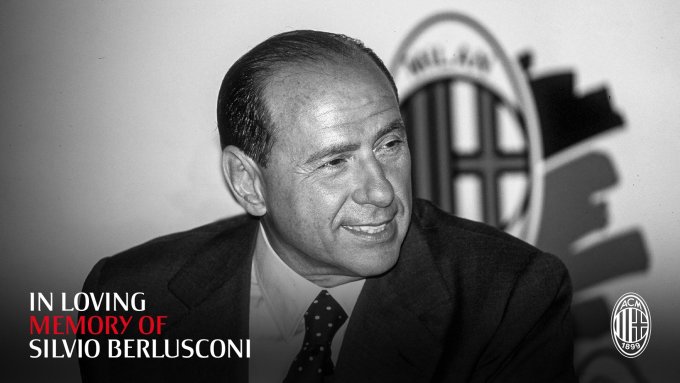
Milan posted a photo to pay tribute and remember Silvio Berlusconi after their former boss passed away on June 12. Photo: AC Milan
Berlusconi's appearance was controversial from the start. He said that as a child he often went to watch Milan with his father. But according to author John Foot in Calcio, Berlusconi was actually a fan of... Inter - Milan's rival team and had tried to buy the team in 1980. Therefore, many people believe that Berlusconi's purchase of Milan was mainly to attract public attention, creating the premise for his entry into politics.
Whatever the truth, in February 1986 Berlusconi officially took possession of Milan, opening a new chapter by saving the team from bankruptcy after two relegations (once due to the Totonero match-fixing scandal and once due to poor performance).
After his dramatic helicopter debut, Berlusconi declared: "I know people will laugh, but I need to show everyone that Milan has a new way of thinking."
And one of the new things was the appointment of a coach with a modest background: Arrigo Sacchi. Berlusconi started to pay attention to Sacchi when his compatriot coach led Serie B team Parma to eliminate Milan from the 1/8 round of the Italian National Cup. After the match, Berlusconi met with Parma President Ernesto Ceresini to discuss recruiting Sacchi. This surprised Sacchi: "Either you are crazy or a genius."
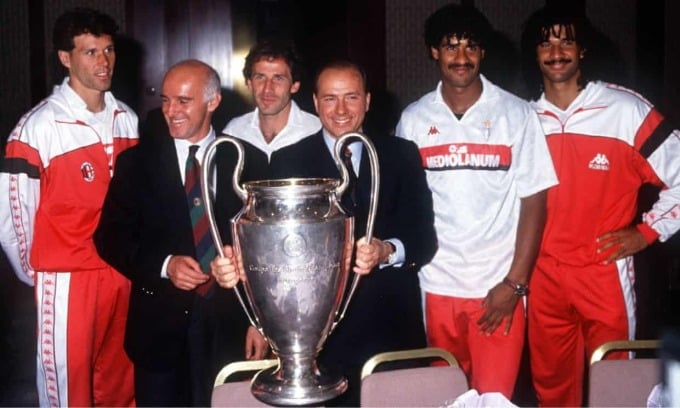
Berlusconi (holding the Cup) next to coach Sacchi (left) and players Van Basten, Baresi, Rijkaard and Gullit at the party celebrating Milan winning the European Cup 1 in 1990. Photo: Shutterstock
When he moved to Milan in 1987, Sacchi's experience was limited to youth teams and lower leagues such as Serie B and Serie C. The Italian media at the time even mocked Sacchi for never having played professional football before becoming a coach. Sacchi responded: "I never thought that to become a jockey, you first have to be a horse."
Milan's on-field performance under Sacchi gradually silenced the critics. In his first season in charge, he led Milan to their first Serie A title in nine years. Sacchi's team is often remembered in history as "Grande Milan", meaning "Great Milan" because of the great things they achieved.
Sacchi's "Grande Milan" won the European Cup in two consecutive seasons, 1988-1989 and 1989-1990. They were the last team to win this tournament two years in a row before the tournament was renamed the Champions League in 1993, and it took Real Madrid more than two decades to achieve the same feat. After leaving Milan in 1991, Sacchi led Italy to the 1994 World Cup final and is considered one of the most outstanding coaches in football history. This shows Berlusconi's eye for talent, when he was willing to put his trust in Sacchi, despite his lack of experience and criticism from the public.
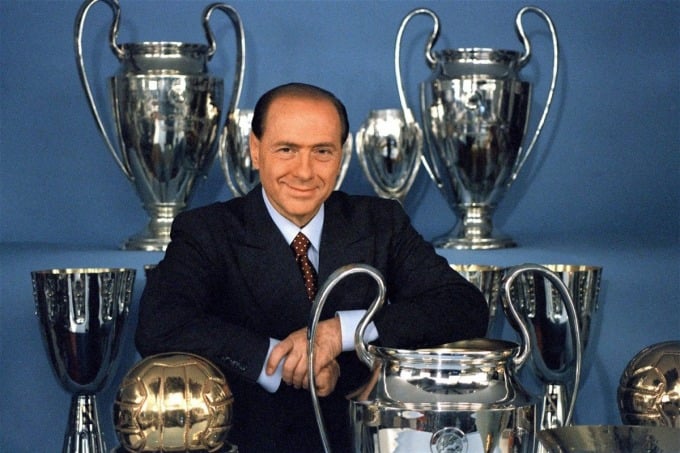
Berlusconi in a photo with Milan's trophy collection in the 1980s and 1990s. Photo: AC Milan
In his lifetime, the late Juventus president Gianni Agnelli once exclaimed: "This Berlusconi spends so much money!". Agnelli belongs to a powerful Italian tycoon family, owning the famous heavy industry group FIAT, but was still shocked by the way Berlusconi spent money to recruit stars. Milan in the early days was famous for the Italian quartet of defenders including Mauro Tassotti, Alessandro Costacurta, Franco Baresi and Paolo Maldini, as well as the flying Dutch trio of Frank Rijkaard, Ruud Gullit and Marco Van Basten. Milan's squad at that time was also a form of "Galaticos" - meaning "Galaxy", a term that refers to the size of too many superstars in a team, and Berlusconi constantly invested in success.
After the Sacchi era, Milan entered the next phase of success under coach Fabio Capello, and the San Siro welcomed more stars such as the giant striker Jean-Pierre Papin, the elegant midfielder Dejan Savicevic. In 1992, Milan even splashed out money to bring Gianluigi Lentini from Torino for a whopping 18.5 billion lire (equivalent to 14 million euros), setting a world transfer record at that time.
Throughout the 1991-1992 season, Capello and his students were undefeated in Serie A and easily won the championship of Italy's number one tournament. This unbeaten streak lasted up to 58 matches, helping the team to be called "The Invincible Army". The peak of Milan under Capello was probably the 1994 Champions League final, when they crushed the "Dream Team" Barca led by legendary coach Johan Cruyff and superstars like Romario, Hristo Stoichkov, Ronald Koeman... with a 4-0 victory.
In the second half of the 1990s, when Berlusconi turned his attention away from football to focus on politics with the founding of the Forza Italia party, Milan did not achieve the expected success. But when the owner returned to their side, they immediately regained their leading position in the 2000s under coach Carlo Ancelotti - a son of Sacchi's "Grande Milan". Milan reached the Champions League final three times, including winning in 2003 and 2007, and finishing second in 2005. After Ancelotti left in 2009, Milan won another Serie A title in 2011 under Max Allegri, then fell into dark years as the Berlusconi family suffered a financial crisis.
In 2016, Berlusconi sold AC Milan to Chinese investors for $823 million, along with about $245 million in club debt.
But the "playboy"'s love affair with football did not stop there. In 2018, Berlusconi bought Monza and took them from Serie C to A in just four years. At the end of 2022, he caused a stir again by announcing that he would reward the players with "a bus full of prostitutes" if they beat a top Serie A team. Then Monza did it. They beat Juventus 2-0 at the end of January right at the Allianz Stadium. And Berlusconi joked: "I just received about 100 calls reminding me to keep my promise."
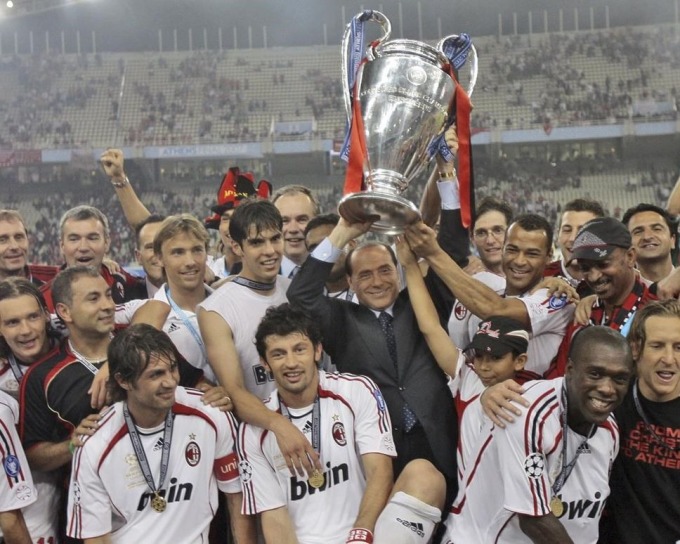
Berlusconi and Milan lifted the Champions League trophy in 2007. Photo: AFP
When Berlusconi breathed his last in Milan on June 12, the world media remembered him as the former prime minister of Italy, the person who held this position the longest since World War II. Somewhere people remembered him as a bass player, a warm voice or the boss of Mediaset - the number one media empire in Italy.
For football fans, Berlusconi is the embodiment of AC Milan's success. During his lifetime, he always valued his role in Milan's success, as he stated in 2014: "Everyone talks about Sacchi's Milan, Zaccheroni's and Ancelotti's Milan, but no one talks about Berlusconi's Milan. For the past 18 years, I have been the one who has drawn up the squad, laid down the rules and brought in the players."
In fact, there were five Milan stars who won the Ballon d'Or under Berlusconi, including Gullit (1897), Van Basten (1988, 1989 and 1992), George Weah (1995), Andriy Shevchenko (2003) and Kaka (2007). That's not to mention the stars who received this title while wearing Milan's shirt such as Papin, Roberto Baggio, Ronaldo, Ronaldinho or Rivaldo. Not only brilliant with attacking stars, Berlusconi's Milan also boasts outstanding defensive stars such as Baresi, Maldini, Alessandro Nesta, Andrea Pirlo or Genaro Gattuso... who fought for the red and black shirt.
Berlusconi's moments with Milan.
Not only did Berlusconi bring in stars and change the face of Italian football in an era when teams were still owned by families, he also revolutionized the way Italian football was played. He brought in nutritionists and therapists to the Milanello center to support the players - something that was rare in the 1990s. The limited investment and poor personnel decisions in the final stages of his reign cannot erase his contribution and role in both the history of Milan and European football.
As Berlusconi himself once affirmed: "Everything I have ever done has been mundane, but Milan has always been sacred."
Joey Thinh
Source link


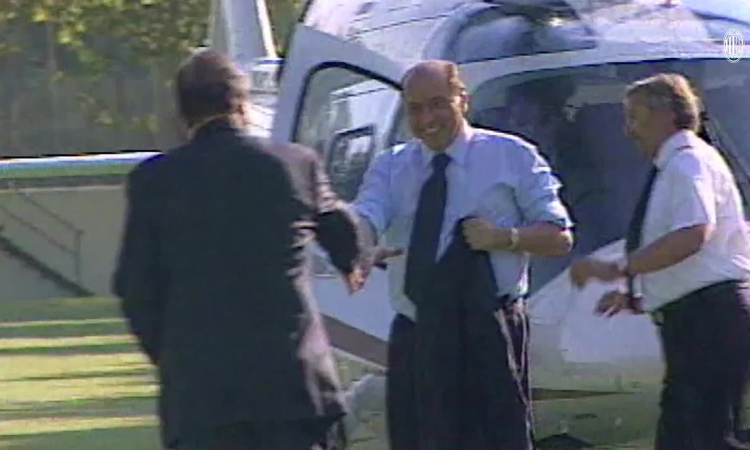






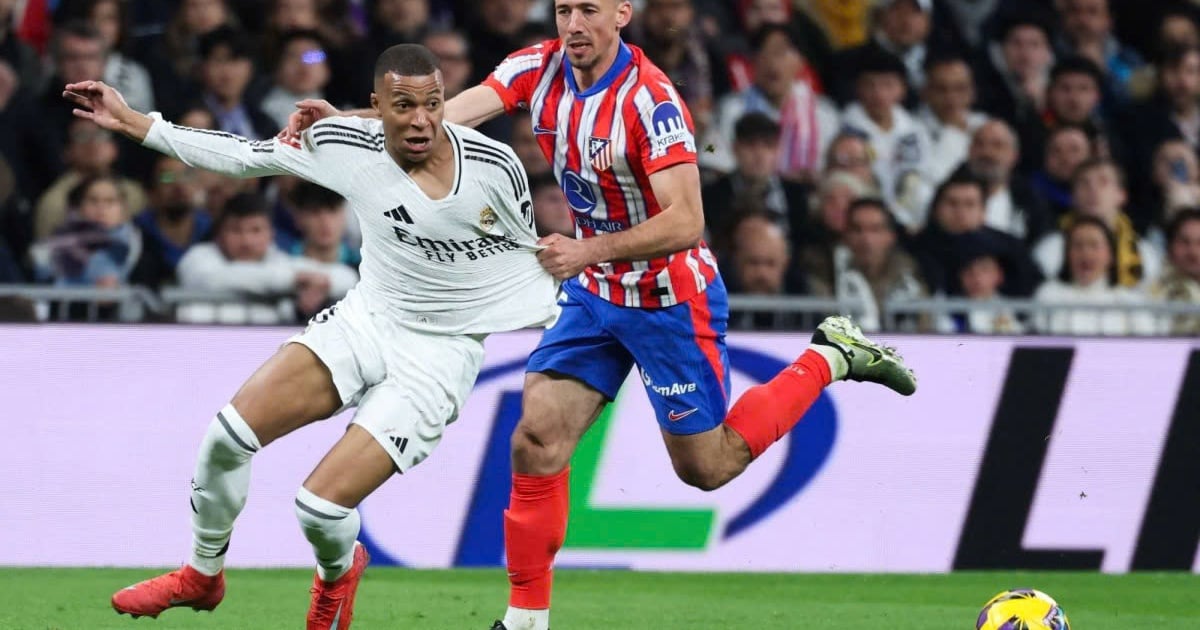

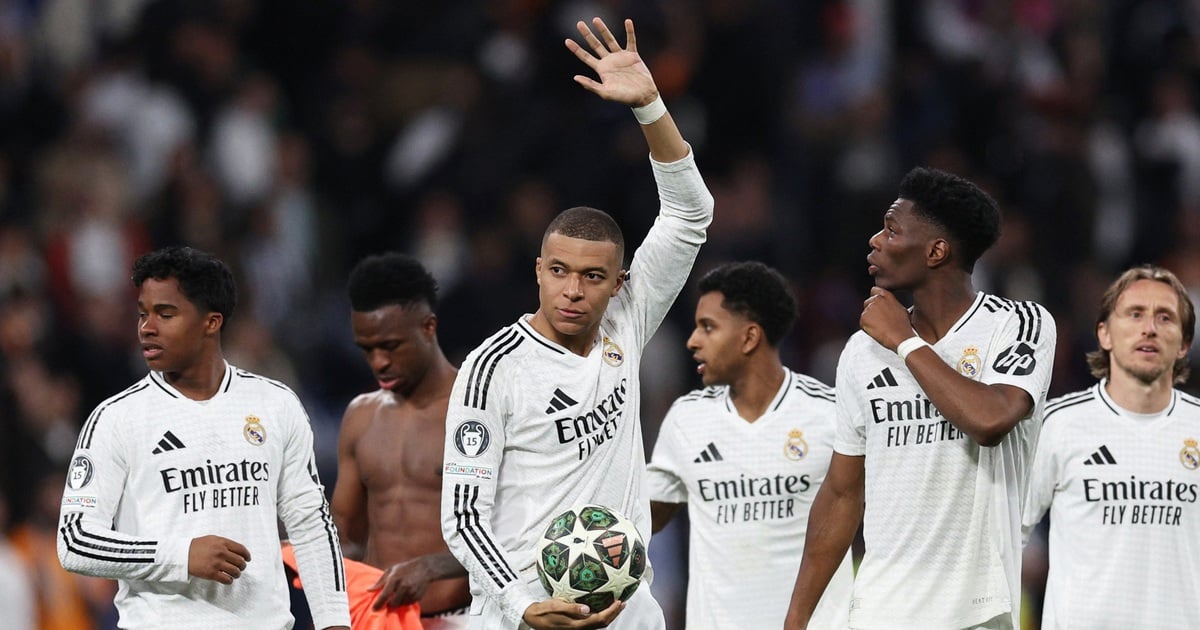
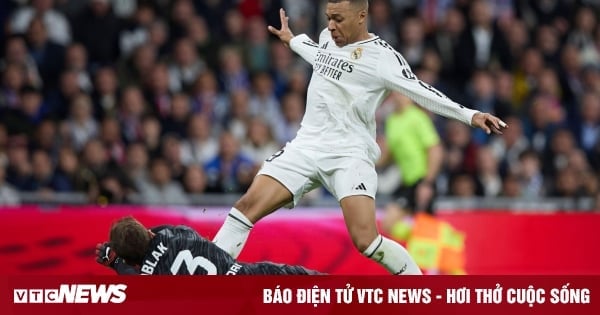

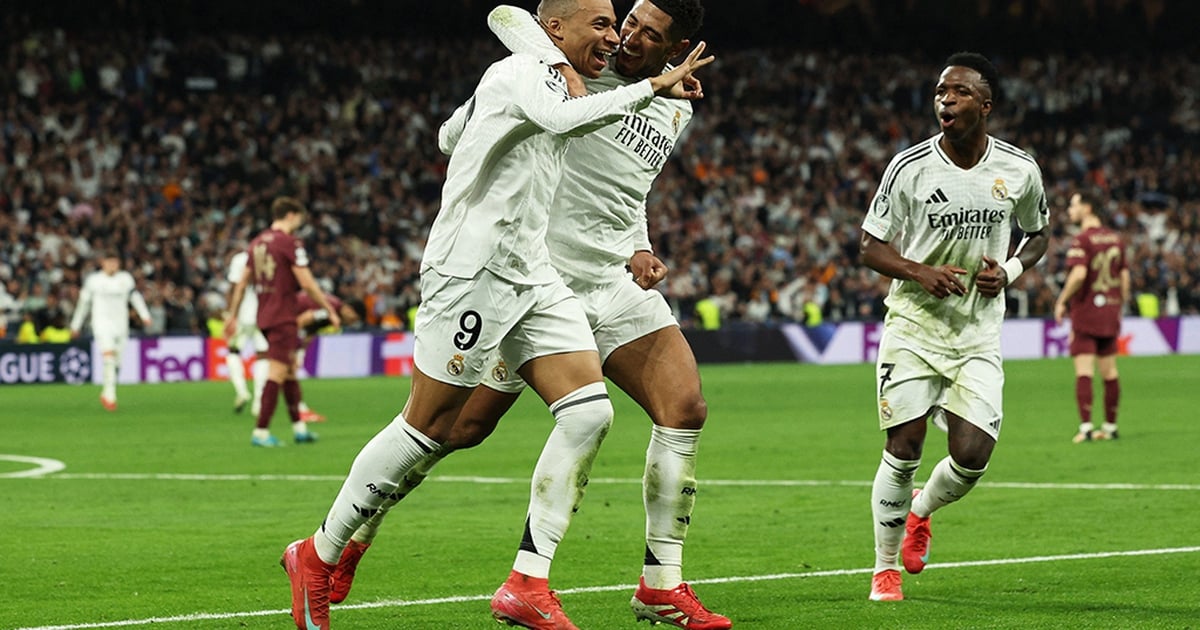
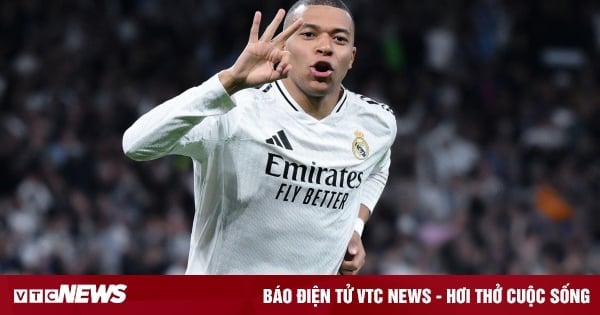
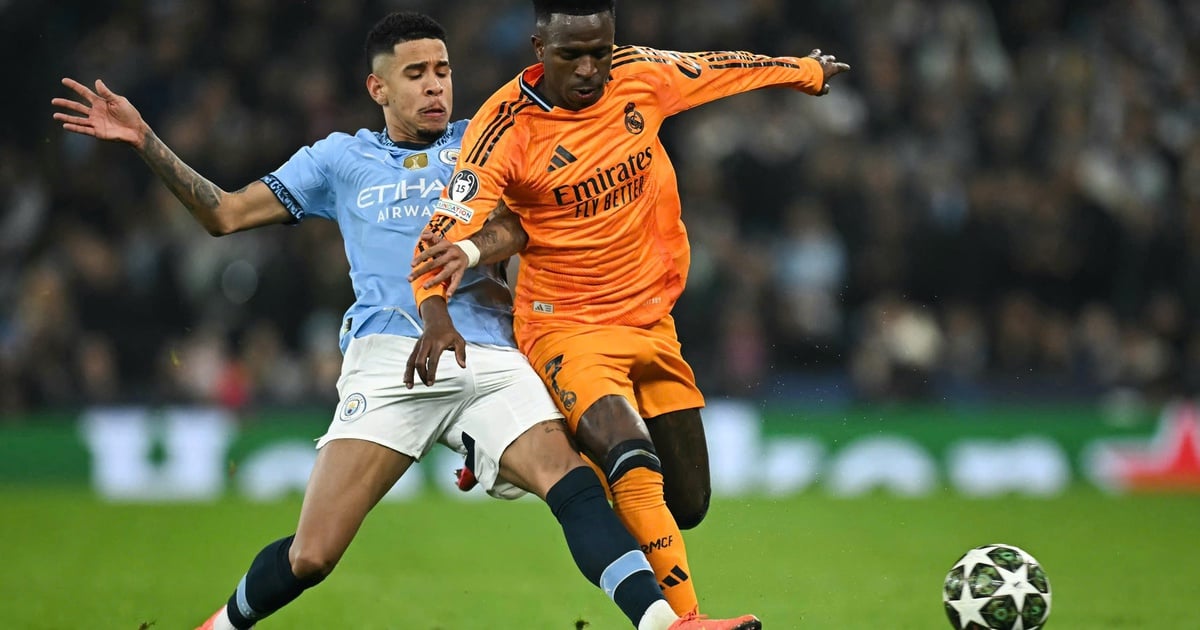
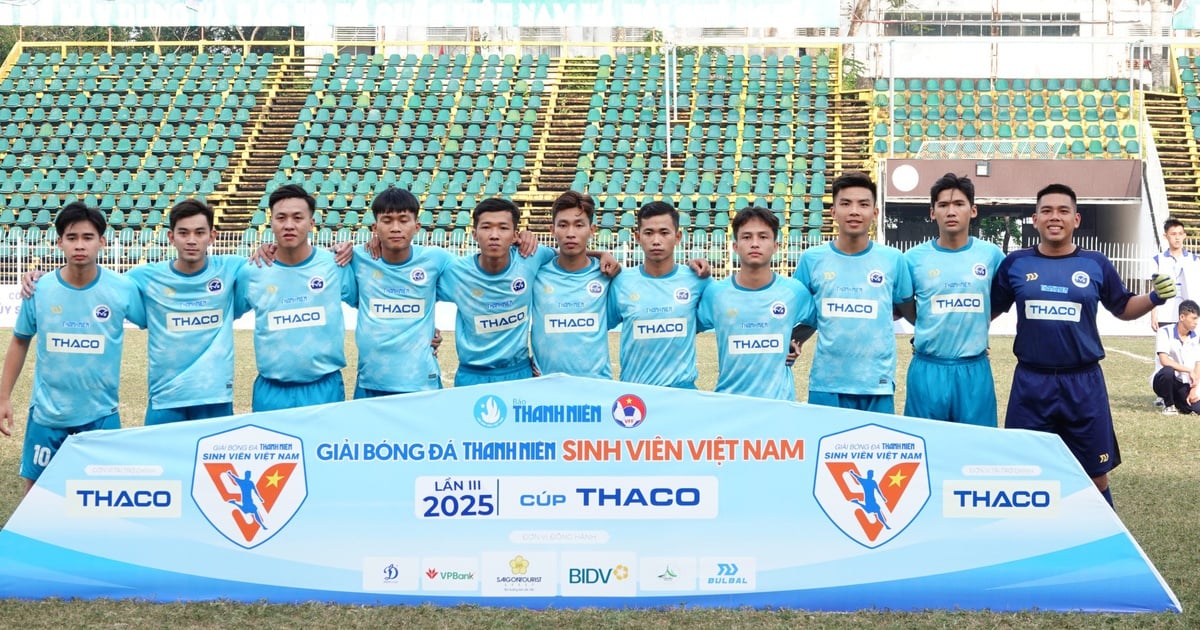
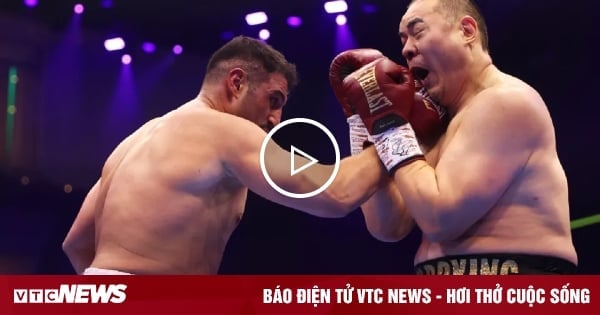
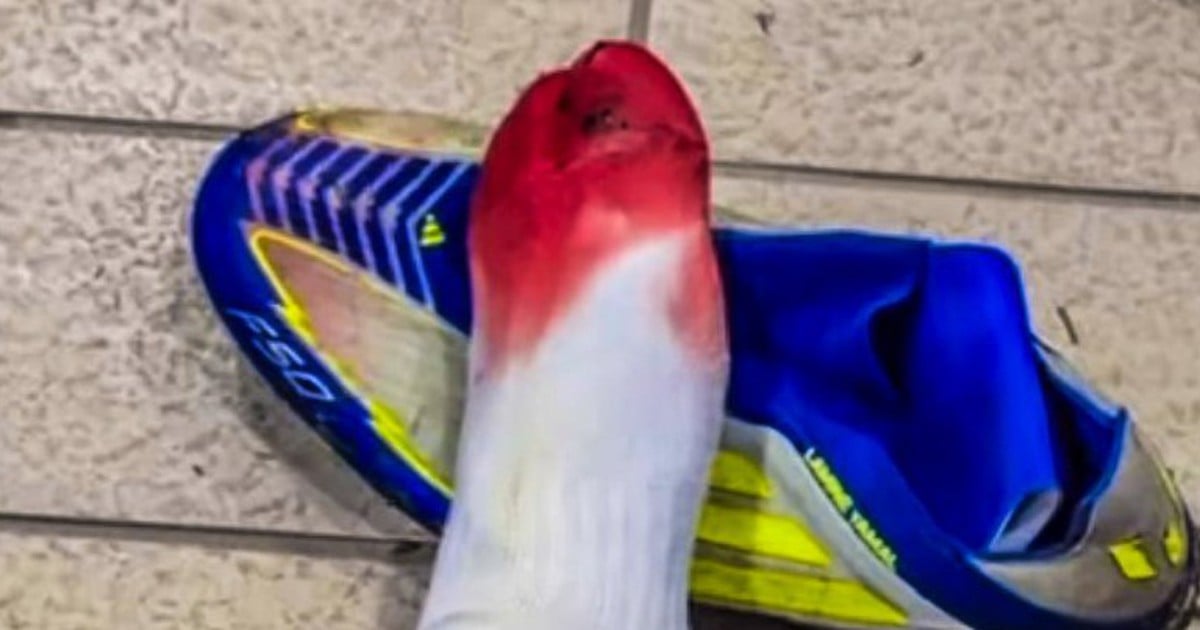
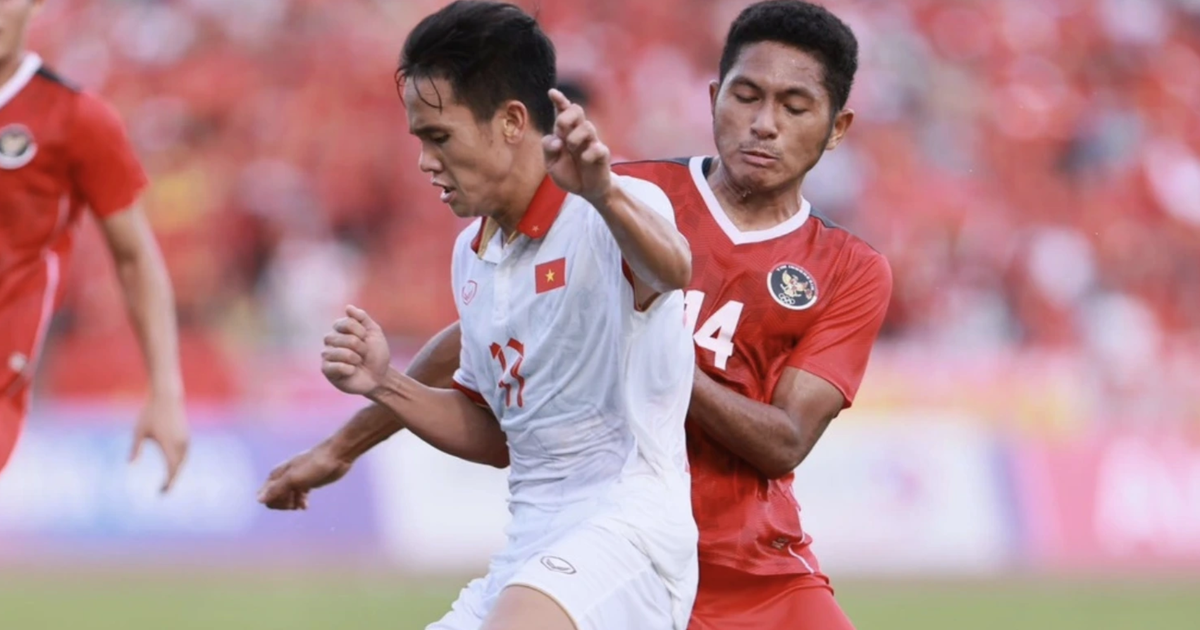
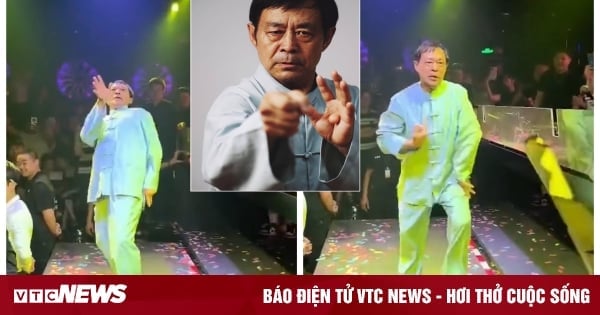
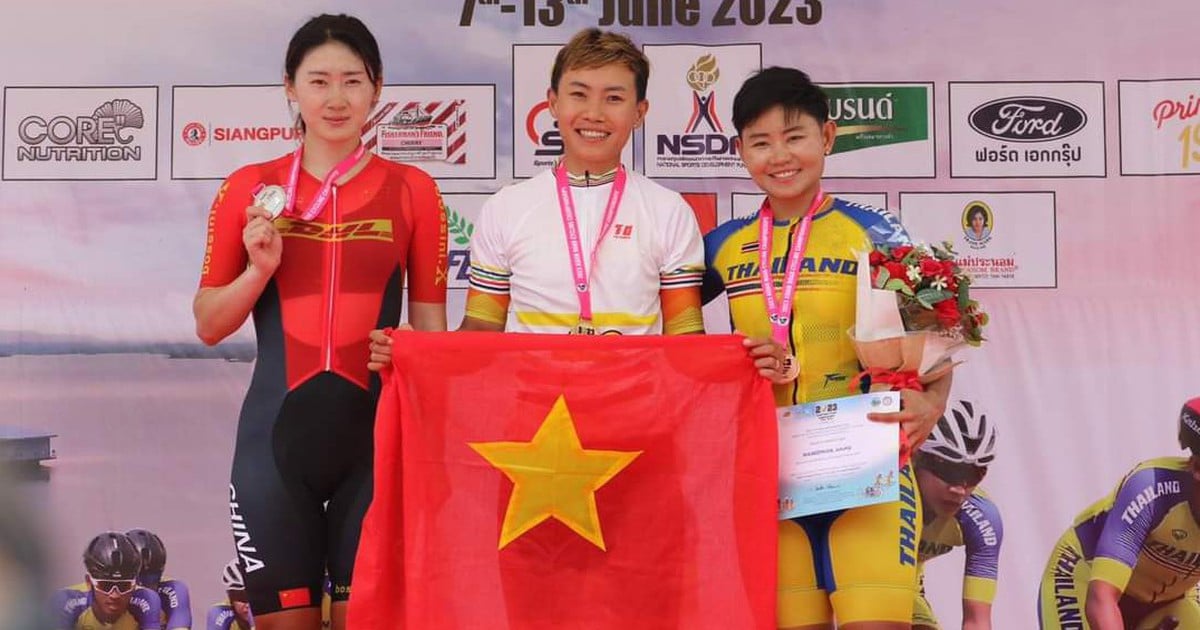















![[Photo] Prime Minister Pham Minh Chinh chairs Government Conference with localities on economic growth](https://vstatic.vietnam.vn/vietnam/resource/IMAGE/2025/2/21/f34583484f2643a2a2b72168a0d64baa)



























































Comment (0)